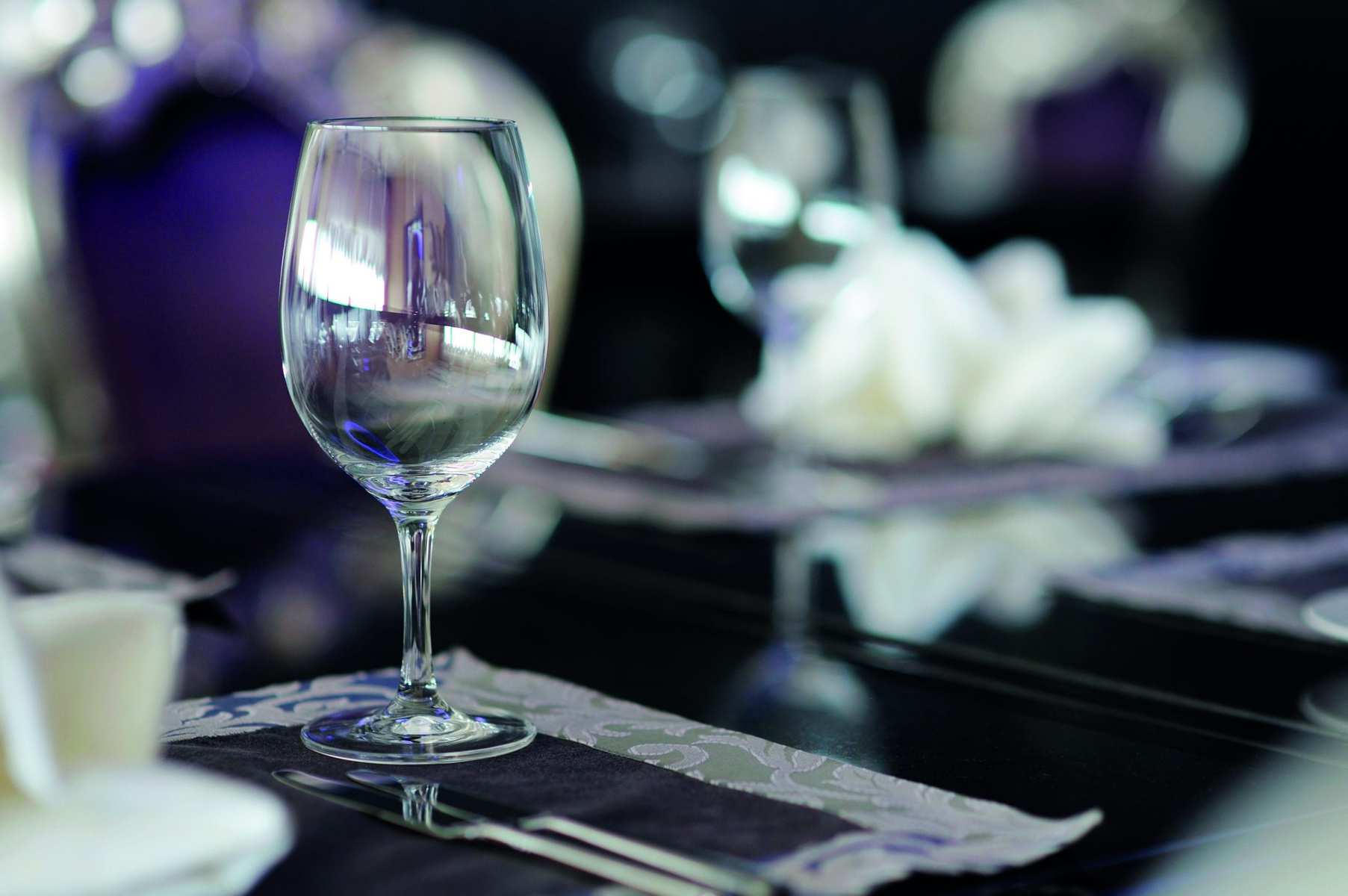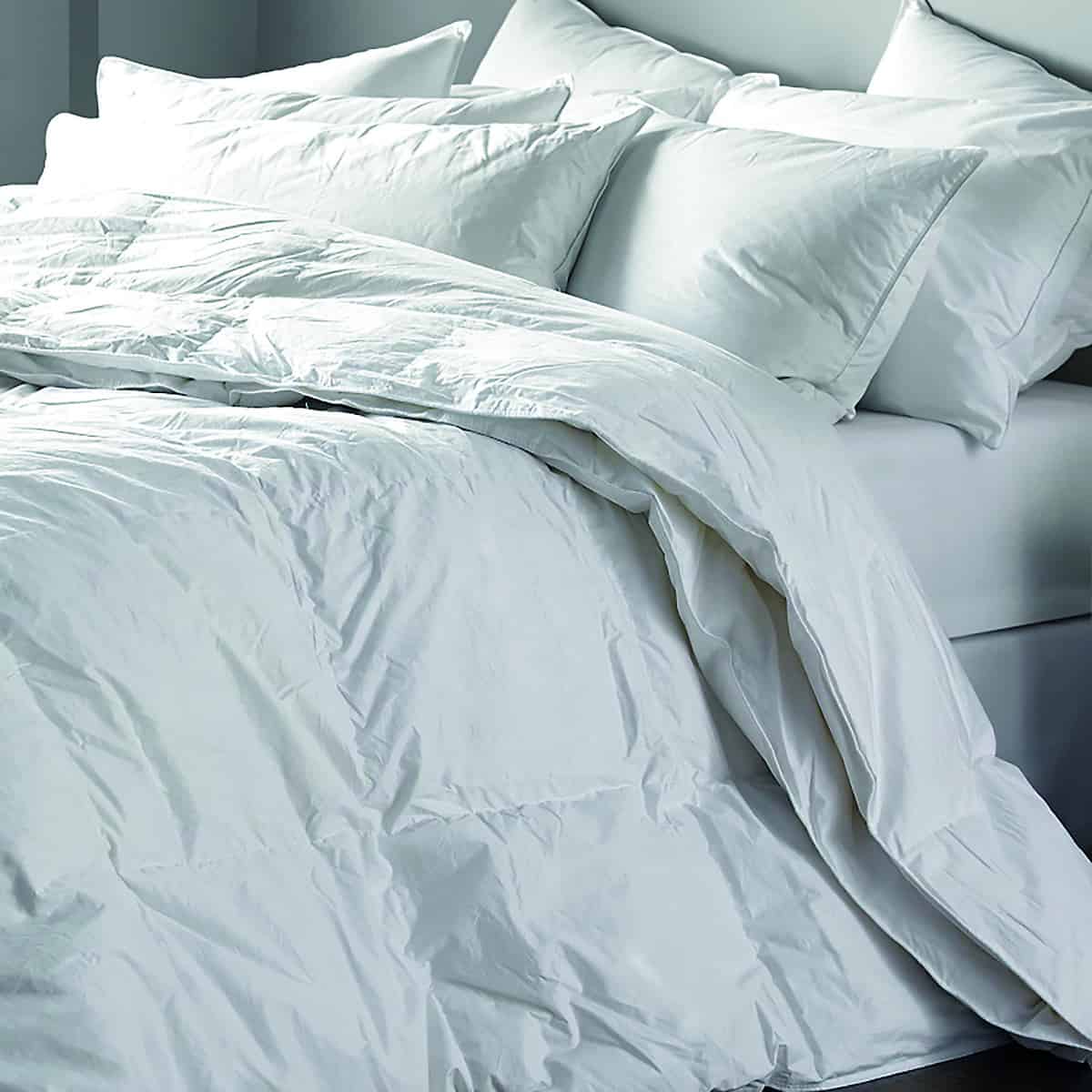
Crystaltech Derek Maher Interview – Clean glass every time!
It is imperative when pouring a fine wine to do so in a crystal clear glass. All too often glasses emerge from glasswashers with stains or other embelishments. If you have invested thousands of pounds in your wine cellar the last thing you want to happen is serve a potentially lucrative client a high value vintage wine in a surface-smeared wine glass.
Derek Maher, managing director at Crystaltech, a nationwide specialist in repairing commercial glass washers, writes the guidelines for Casquemark industry auditors on beer and wine quality whose role is to ensure the glass is up to scratch.
It is not uncommon in a pub to order a glass of wine only to find the glass is stained and for the bar staff to wipe the stain with a tea cloth. Maher says: “The problem with tea towel drying is that it will have a fabric conditioner on it. But even if they do not use a separate conditioner, the washing powder itself will have a conditioner in it. So not only do you polish an oil film onto the glass, but you also rub the scent from the conditioner onto the glass as well.”
Another problem is that proteins from red wines and cask ales make the glasses used for these two drinks the most difficult to clean and conventional chemicals do not work effectively. The solution is a chlorinated glass-washing chemical, generally known as Glasswasher Renovate, which would ensure that the glass is clean. “We would advise luxury bed & breakfast establishments to use this continuously when washing wine glasses,” he says.
A major tip is to leave the door of the glass washing machine open at the end of every evening. “The machine then dries out inside and the bugs die. It is the same with a conventional clothes washing machine: leaving the door open kills the bugs; leave it shut and they will have moist conditions in which to grow,” says Maher.
Another key tip is to use a chlorinated chemical and keep the machine clean.
He adds: “We also produce a system called Reverse Osmosis. The last thing that supposedly touches the glass in a wash is fresh water, but within that water there are minerals which result in the all-too-common grey-hued glass. Reverse Osmosis takes out all those minerals so the last thing to touch the glass is in fact completely pure water, with the result that you get completely clear glasses. You can then take that absolutely clear wine glass straight from the machine and put them directly on the bar or dining table.”
In nearly all cases the problem of dirty glasses originates from pint glasses, and in particular real ales. Once the problem with the pint glasses is resolved then the wineglasses will improve.
To stay on top of the problem there are several things to look out for with glasses. The first is to take a moist white serviette and wipe the inside of a supposedly clean pint glass. If there is a brown deposit showing then there is a protein build up on the glass.
Alternatively turn a pint glass upside down and look at the outer ring of the base. The poor results will be magnified and show up as a brown ‘halo’.
With glass washers, Maher advises, look for beige of black film or deposits around the door and hinges. This indicates growing yeast cells that will give poor results.
If the poor results are only minor it may be possible to solve the problem by increasing the detergent dosage manually.
He says: “Always ensure that there is detergent in the container and that it never runs dry. Dosing failure results in protein build up, which is difficult to remove and Renovate may have to be brought in to use.”
He also advises all filters be removed and cleaned daily and advises bar staff never to tip beer or slops into the machine.
Clearly there is some worthwhile investment required if you are to keep your wine glasses at premium standard.



